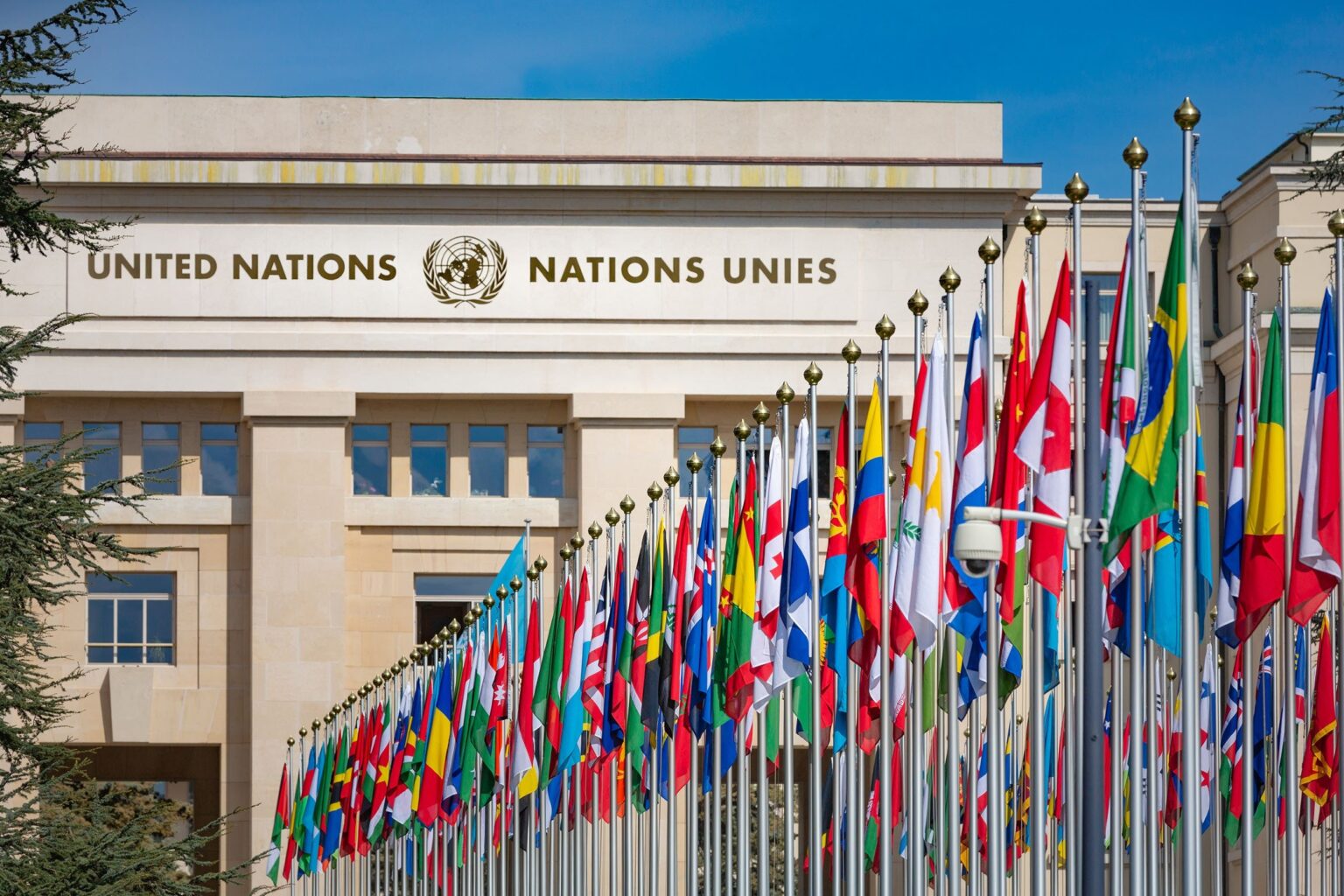All UN member nations endorsed the Sustainable Development Goals (SDGs) in 2015, which centre on the fundamental human right to health, education, and food security. The UN established the 17 SDGs and has tracked each nation’s progress toward accomplishing them.
The research states that a third of the 17 targets are at a standstill or have reversed course, while the remaining half have made tough, unequal, and delayed progress. According to Secretary-General Antonio Guterres, the world’s performance on the SDGs is “getting a failing grade”.The greatest impediments to advancement, according to the research, are the remaining effects of the Covid-19 pandemic, conflicts, geopolitical tensions, and the escalating climatic crisis.

Source: Sustainable Development Goals-United Nations
The paper states that the less developed nations face more obstacles than the industrialised world, even though everyone must work harder to accomplish these goals. It has been observed that in comparison to advanced economies, the increase of per capita GDP is slower in half of the world’s most vulnerable countries. There is inequality, a lack of access to basic health and education, and widespread hunger and food insecurity.
The issue of unemployment is grave, and there are still numerous barriers to finding fulfilling jobs. The state of affairs is especially dire in developing nations. The paper highlights certain advantages, such as the growth of renewable energy and improved communication due to technological advancements. Among the various prerequisites to move quicker towards achieving the goals are the recommendations for conflict resolution through communication and diplomacy, investments in critical areas like food, energy, social protection, and digital connectivity, and effective action against climate change.
Source: Drishti PCS
While India’s ranking among 193 countries has improved from 112 to 109, it is still not comforting. The nation has made strides in a few areas, including the decrease of poverty, the development of infrastructure, and the switch to renewable energy. However, it has significant obstacles in establishing transparent institutions, upholding an inclusive and tranquil community, and guaranteeing equal justice for all.
Other areas of concern include health, education, wealth and gender inequality, environmental degradation, and climate change. A mere thirty percent of the benchmarks are either on track or have been met. About thirty percent of the targets have seen a decline in the nation’s performance, and forty percent of the targets have seen just modest progress. During its meeting this month, the UN High Level Political Forum (HLPF) examined the advancements made and advocated for strengthening the 2030 SDG agenda globally. More work is required to achieve that.
What do you think about this? Comment below.

